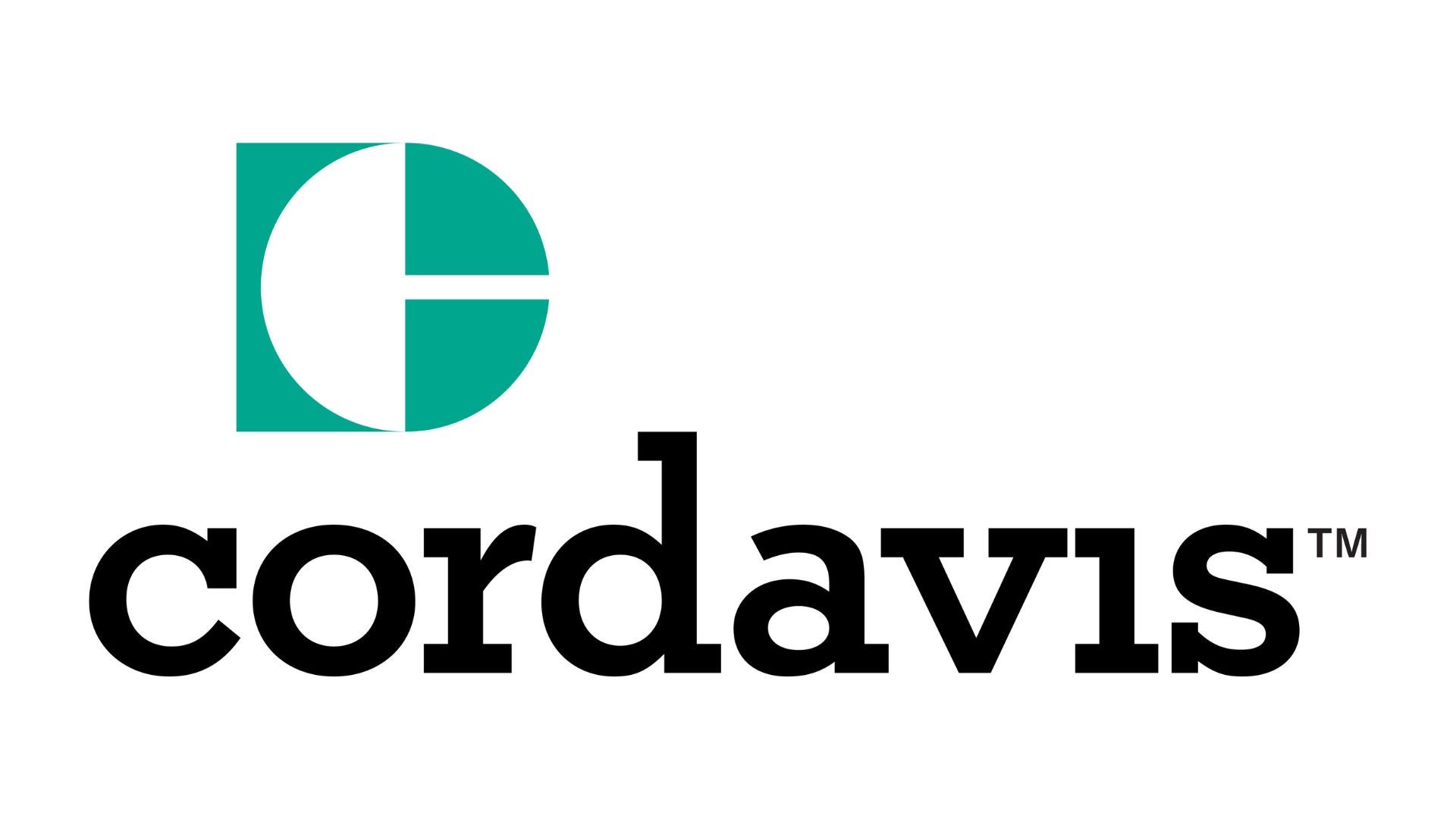Through our work as a pharmacy benefit manager (PBM), we play a critical role in the health care system by helping lower drug costs and expand coverage to the affordable medications people need to stay healthy. Every year, PBMs deliver more than $1,000 in savings per patient and reduce costs by $10 for every $1 spent on our services.
At CVS Health®, we help lower out-of-pocket drug prices and drive better health outcomes for customers by going head-to-head with drug manufacturers to negotiate discounts, promoting patient safety, and supporting the unique needs of our customers. We have helped reduce customer costs at the pharmacy counter for six consecutive years, and today our members see an average out-of-pocket cost (PDF) below $9 for a 30-day supply of medication. Last year, nearly 70% of members spent less than $100 out of pocket on prescriptions.
Without PBMs, small businesses would see higher drug costs
Employers, unions, public programs like Medicare and Medicaid, and other plan sponsors of all shapes and sizes hire PBMs for one reason: to offer a pharmacy benefit that balances cost, access and quality. We serve as a partner to those customers by designing and administering prescription drug coverage that works best for the organization and their employees or members.
The work we do is especially important to small businesses and startups who don’t have the scale or infrastructure necessary to administer prescription drug coverage in the face of high and rising list prices set by drug manufacturers: Between July 2021 and July 2022, drug manufacturers hiked the price on more than 1,200 products, with an average increase of 31.6%, with some prices increasing by more than 500%.
By leveraging the negotiating power of our more than 110 million members to negotiate discounts from drug manufacturers, and connecting our members with more affordable medications like generics and biosimilars, we use our size and scale to deliver greater savings for the people we serve. In a world without PBMs, small businesses would have significantly less negotiating power, leading to higher prescription drug costs for these companies and their employees.
Health care that’s less accessible and less safe
A world without PBMs would also mean lower-quality care, reduced access and more risk to customers across the health care system. PBMs prevent more than approximately 100 million medication errors per year (PDF). And, PBMs help expand access to care by working with customers to build broad, diverse pharmacy networks and offer convenient options like home delivery and virtual care as part of comprehensive pharmacy benefits that help ensure patients can obtain their medications no matter their situation or where they live.
Greater affordability also leads to better health outcomes: when people can afford their medications, they are more likely to take them as prescribed, helping prevent difficult and costly medical complications down the road. We use digital tools that help patients navigate their treatment, connect with clinical professionals, and drive greater adherence.
A world without PBMs: Unpacking the data
We don’t need to speculate about what a world without PBMs would look like. The data speaks for itself:
- Research from University of Chicago Professor Casey Mulligan published in the National Bureau of Economic Research finds that PBMs deliver nearly $150 billion annually in value through negotiated discounts, more cost-effective drug utilization, and other cost-saving services; almost $60 billion (40%) of that value would be lost in a world without PBMs.
- The Department of Labor Inspector General recently audited (PDF) its Workers' Compensation Program and found that the program lacked a “pharmacy benefit manager to help contain costs” between 2015 and 2020 and may have had more than $320 million in excess costs on prescription drugs during that period. Without PBMs, similar lost savings could ripple across federal programs.
- In states that have passed legislation restricting certain PBM services or tools, employers, consumers and taxpayers can see significant drug cost increases as a result. After West Virginia “carved-out” PBMs from its Medicaid program in 2017, generic dispensing rates fell and costs per prescription increased (PDF) by more than 12.5%. And a retroactive analysis of recent laws passed in Georgia and Oklahoma found that they led to the elimination of five PBM tools and resulted in cost increases of up to 12% for PBM customers like employers, unions and state health plans.
The facts are clear: PBMs promote lower drug costs and better health care.




